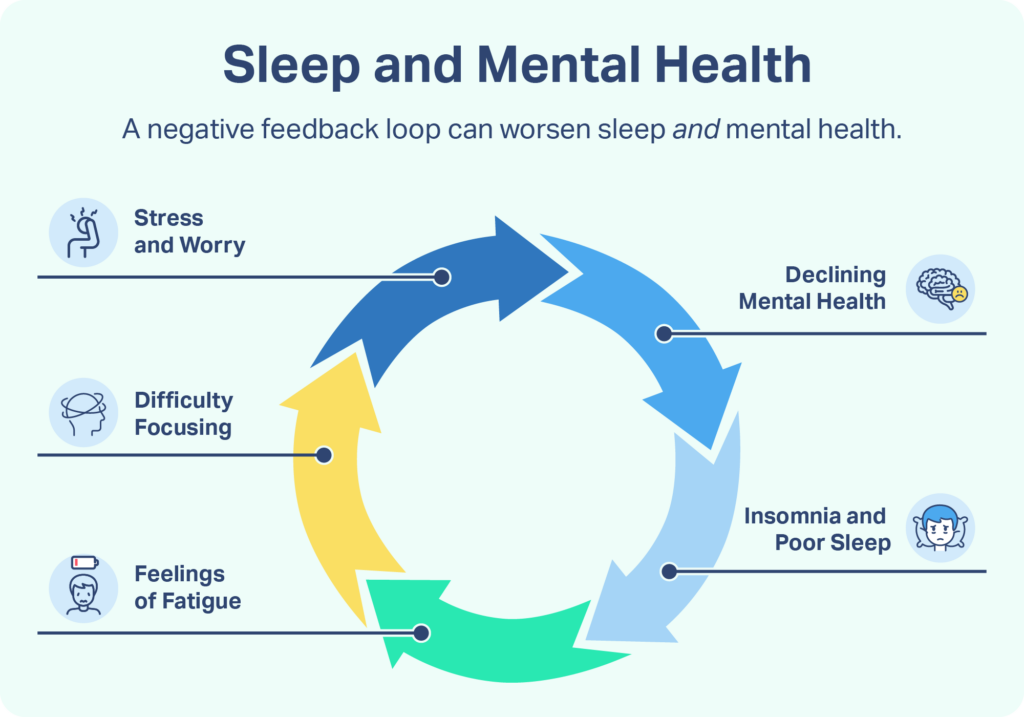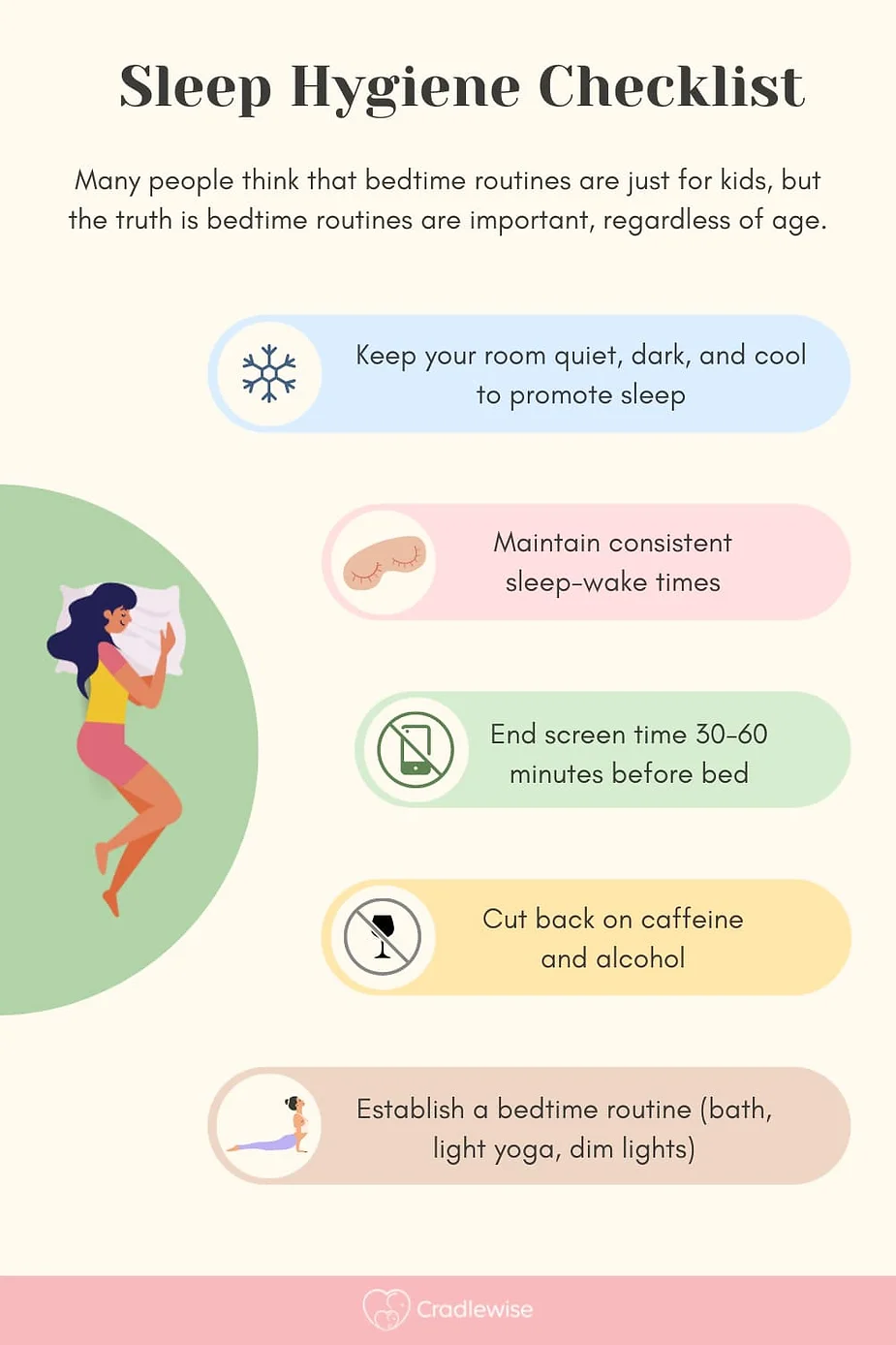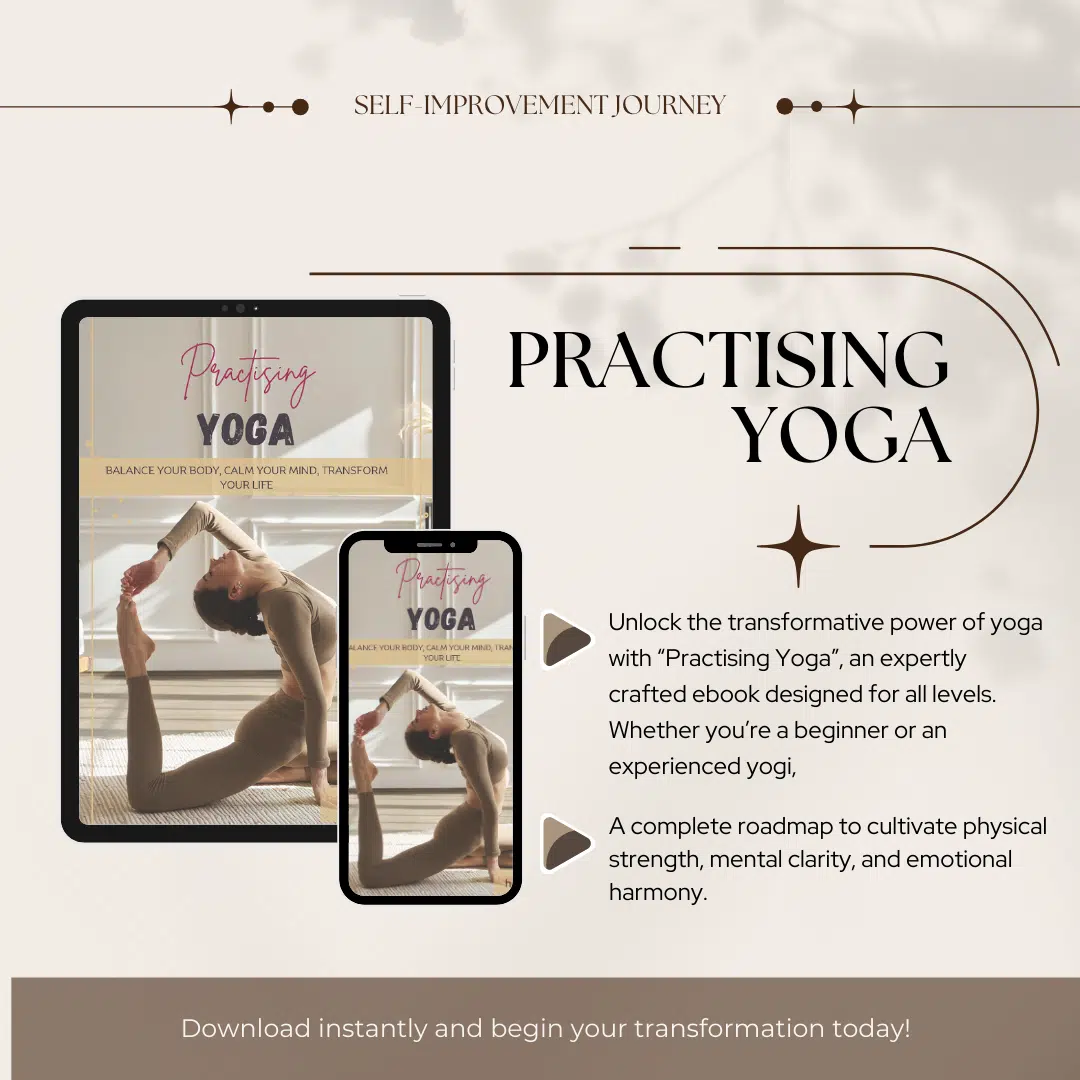Imagine waking up feeling refreshed and energized, ready to conquer the day. Poor sleep hygiene can disrupt your sleep patterns, making it difficult to achieve this optimal state. By prioritizing core sleep, you can transform your mornings from foggy and groggy to alert and invigorated. Understanding the core sleep benefits can help you prioritize a sleep schedule that supports long-term health.
Sleep, often relegated to the realm of afterthoughts, is much more than simply a period of rest. It’s a biological necessity, as crucial for our well-being as a healthy diet or regular exercise. But within the vast realm of sleep, lies a hidden gem – core sleep. This specific window of deep, uninterrupted slumber is the foundation for optimal physical and cognitive function. We will delve into the reality, functions, and benefits associated and how much core sleep do you need.
What is Core Sleep and its Stages
Wondering is core sleep good for overall health? Yes, it’s essential for restorative rest. Core sleep, the most crucial phase of rest, primarily consists of slow-wave sleep (NREM stages 3 and 4). This deep sleep is vital for physical and cognitive restoration. Typically, core sleep occurs during the initial three sleep cycles, while the remaining sleep is considered optional. Although both optional and core sleep involves NREM and REM sleep stages, optional sleep is less restorative due to its reduced depth and frequency. It encompasses two key sleep stages:
Deep Sleep (Stage 3 NREM)
During deep sleep, your brain wave activity slows down significantly, characterized by the presence of slow-wave delta waves. Your body temperature drops, breathing slows, and muscle activity is minimal. This is when growth hormone production ramps up, promoting tissue repair and cellular regeneration.
Rapid Eye Movement (REM) Sleep
While not technically deep sleep, REM sleep is another crucial component of core sleep. During REM sleep, your brain activity surges close to waking levels, even though your body remains paralyzed. This is the stage associated with vivid dreaming and emotional processing. REM sleep is essential for memory consolidation and learning.

Core Sleep vs Deep Sleep
Understanding the stages of sleep helps in improving the quality of your rest. It’s important to differentiate core sleep from deep sleep. Deep sleep, while a vital component, is just one stage within core sleep. Imagine core sleep as a delicious sandwich. Deep sleep is the juicy, savory filling, but you also need the bread (REM sleep) to complete the satisfying experience.
Here’s a table summarizing the key differences:
| Features | Deep Sleep (Stage 3 NREM) | Core Sleep |
|---|---|---|
| Brainwave Activity | Slow-wave delta waves | Varies depending on the stage (REM or NREM) |
| Body Activity | Minimal muscle activity | Varies depending on the stage (REM or NREM) |
| Physiological Processes | Tissue repair, cellular regeneration | Deep Sleep + REM Sleep Processes |
| Importance | Crucial for physical restoration | Essential for both physical and cognitive restoration |
In essence, core sleep provides a holistic picture, encompassing both the deeply restorative aspects of deep sleep and the cognitive benefits of REM sleep. It’s the synergistic combination of these stages that unlocks the true power of sleep for optimal health and well-being.
Core Sleep Benefits and Importance
Is Core sleep good? The answer lies in the profound impact core sleep has on various aspects of our well-being. Core sleep benefits include improved cognitive function and emotional stability, making it essential for daily performance. Here’s a scientific breakdown of its benefits:
1. Cognitive Powerhouse
- Memory Consolidation: During deep sleep, the brain replays and strengthens memories formed throughout the day. This process, called consolidation, is essential for learning and retaining information. This is considered one of the core sleep benefits that powers human intelligence.
- Enhanced Learning: Core sleep, particularly REM sleep, plays a crucial role in learning new skills and procedures. Studies have shown that sleep deprivation can significantly impair learning capacity.

2. Physical Restoration Champion
- Tissue Repair and Growth: Deep sleep triggers the release of growth hormones, promoting cell regeneration and repairing tissues throughout the body. This is essential for muscle recovery after exercise and overall physical health.
- Immune System Booster: Core sleep strengthens the immune system by increasing the production of white blood cells, our body’s defense against pathogens. Getting enough such sleep can help you fight off illness and recover faster when you do get sick.
3. Emotional Wellbeing Guardian
- Stress Management: Deep sleep allows your brain to process and regulate emotional responses. Chronic sleep deprivation can exacerbate stress and contribute to anxiety and mood disorders. Core sleep plays a vital role in emotional regulation, promoting a sense of calm and well-being.
- Enhanced Mood: Studies have shown a direct link between core sleep quality and positive mood. Getting enough core sleep can improve your overall outlook and make you feel more resilient in the face of challenges.
4. Hormonal Balance
Core sleep is essential for regulating hormones that control hunger, stress, and growth. It helps maintain a healthy balance of hormones like cortisol, insulin, and growth hormone. This balance is crucial for maintaining a healthy weight, reducing stress levels, and promoting overall well-being.
5. Improved Immune Function
Core sleep significantly boosts the immune system. During deep sleep, the body produces cytokines, proteins that help fight off infections and inflammation. Regular core sleep strengthens your immune response, reducing the likelihood of getting sick and speeding up recovery when you do fall ill.
How to Improve Sleep Quality With Sleep Hygiene Checklist

Maintaining good sleep hygiene is essential for achieving core sleep. Let’s explore the common culprits behind sleep fragmentation and equip you with effective strategies to cultivate a core sleep haven:
1. Light Pollution: Banishing Blue Light for Better Sleep
Exposure to bright light, especially the blue light emitted from electronic devices before bed, can suppress melatonin production, disrupting your sleep-wake cycle.
Solution: To get sleep hygiene, dim the lights or use blue light filters on your devices at least an hour before bedtime. Consider using a blue light-blocking app on your electronic devices.
2. Stress and Anxiety: Calming the Mind for Restful Sleep
Chronic stress can keep your body in a fight-or-flight state, making it difficult to relax and fall asleep.
Solution: Develop a relaxing bedtime routine that incorporates stress-reduction techniques like meditation, deep breathing, or gentle yoga. Consider journaling or practicing mindfulness to manage stress throughout the day.
3. Inconsistent Sleep Schedule: Establishing a Consistent Sleep Routine
Frequent changes to your sleep schedule can disrupt your internal clock, making it harder to achieve core sleep.
Solution: Establish a consistent sleep schedule, aiming to go to bed and wake up at the same time each day, even on weekends. This helps regulate your body’s natural sleep-wake cycle.
4. Unruly Sleep Environment: Creating a Sleep-Conducive Haven
An uncomfortable or noisy bedroom environment can significantly impact your sleep quality.
Solution: Optimize your bedroom for sleep. Ensure it’s cool, dark, and quiet. Invest in comfortable bedding, blackout curtains, and white noise machines to create a peaceful atmosphere.
5. Medical Conditions: Addressing Underlying Issues
Certain medical conditions, like sleep apnea or restless leg syndrome, can disrupt sleep patterns.
Solution: If you suspect an underlying condition, consult a healthcare professional for diagnosis and treatment. Addressing these issues can significantly improve your sleep quality.
Additional Tips for Better Sleep
- Limit caffeine and alcohol: Avoid these substances close to bedtime as they can interfere with sleep quality.
- Engage in regular exercise: Regular physical activity can improve sleep quality, but avoid strenuous workouts close to bedtime.
- Create a relaxing bedtime routine: Establish a consistent pre-sleep routine to signal to your body that it’s time to wind down.
- Manage stress: Practice relaxation techniques like meditation or deep breathing to reduce stress and anxiety.
- If you’re curious about how to increase deep sleep, consider reducing screen time before bed.
By addressing these common sleep disruptors and implementing these strategies, you can significantly understand how to improve sleep quality and the numerous benefits it offers for your overall health and well-being.
How Many Hours Of Core Sleep Do You Need?
Here, we’ll delve into strategies for optimizing core sleep for specific groups:
Athletes
- Quantity and Quality: Athletes require more sleep than the average person, typically 7-9 hours per night. However, quality core sleep is paramount for optimal performance. Prioritize a consistent sleep schedule aligned with training times.
- Pre-Competition Strategies: For important competitions, consider napping strategically 2-3 hours before the event to enhance alertness and focus.
- Post-Workout Recovery: Allow for sufficient recovery time after intense training sessions. Core sleep is crucial for muscle repair and tissue regeneration.
Shift Workers
- Adjusting Your Internal Clock: Shift work disrupts your natural sleep-wake cycle. Gradually adjust your sleep schedule when transitioning between shifts. Utilize light therapy to help regulate your circadian rhythm.
- Power Naps: Short naps (20-30 minutes) during breaks can help combat fatigue and improve alertness during night shifts.
- Darkness is Your Friend: Create a sleep sanctuary at home by minimizing light exposure during sleep hours. Blackout curtains and eye masks become essential tools.
Facts About Sleep
This segment tackles common core sleep myths to ensure you have a clear understanding:
Myth-1: Everyone Needs Exactly 8 Hours of Sleep
Fact: While 8 hours is often cited as the “golden standard,” sleep needs can vary depending on individual factors like age, genetics, and activity level. Teenagers typically require more sleep (around 9 hours), while adults may function well on 7-8 hours. The key is to prioritize quality sleep and listen to your body’s unique needs. Waking up feeling refreshed and energized is a better indicator of sufficient sleep than simply clocking in 8 hours.
Myth-2: Catching Up on Sleep is Easy
Fact: Unfortunately, pulling an all-nighter and then sleeping in for a few extra hours doesn’t truly “repay” your sleep debt. While catching up on sleep can make you feel less drowsy in the short term, deep sleep is crucial for physical and cognitive restoration, and cramming it all in isn’t possible. The best approach is to prioritize consistent sleep hygiene practices and aim for a regular sleep schedule.
Myth-3: You Don’t Need Deep Sleep if You Get Enough Total Sleep
Fact: Deep sleep, characterized by slow brain waves and minimal muscle activity, is a vital component of core sleep. During deep sleep, your body repairs tissues, strengthens the immune system, and consolidates memories. While other sleep stages are important, neglecting deep sleep can significantly impact your physical and cognitive health.
Myth-4: Napping Disrupts Core Sleep at Night
Fact: Strategic napping can actually benefit core sleep, especially for individuals who struggle to achieve their full sleep needs at night. Power naps (20-30 minutes) can enhance alertness and cognitive function without interfering with nighttime sleep. However, longer naps or napping too close to bedtime can disrupt your sleep cycle.
By debunking these common myths, you’re empowered to make informed choices about prioritizing core sleep for optimal health and well-being.
FAQ: How Many Hours Do You Need of Deep Sleep?
Deep sleep, which usually occurs in the first few sleep cycles, is important for physical repair, immune function, and overall health. Adults should aim for about 1.5-2 hours of deep sleep each night (Rouse Good) (Sleep Foundation). REM sleep, which increases in duration as the night progresses, is critical for memory consolidation, emotional regulation, and cognitive functions (Rouse Good) (Sleep Foundation).
Conclusion
In conclusion, core sleep is crucial for overall health, encompassing deep sleep and rapid eye movement (REM) sleep. Adults typically need 7-9 hours of sleep per night, with core sleep playing a key role in restorative processes. During deep sleep, brain activity slows, muscles relax, and physical repair occurs. REM sleep, characterized by rapid eye movement, is essential for memory consolidation and cognitive function.
Maintaining good sleep habits, such as a consistent sleep schedule and a comfortable sleep environment, is vital for achieving restful sleep. Older adults should pay particular attention to these practices, as they often experience lighter, more fragmented sleep. Addressing issues like high blood pressure and stress can further improve the quality of core sleep.
Regular sleep studies can help identify sleep disorders that disrupt core sleep. By prioritizing healthy sleep habits, individuals can enhance their night sleep quality, supporting overall health and well-being
Here are some key takeaways to remember:
- Cultivate a sleep-conducive environment by minimizing light exposure, establishing a consistent sleep schedule, and creating a relaxing bedtime routine.
- Listen to your body’s unique sleep needs and experiment to find what works best for you.
- If sleep problems persist, don’t hesitate to seek professional guidance from a healthcare provider.
Making core sleep a priority is an investment in yourself. By nurturing this vital aspect of your health, you’ll unlock a world of possibilities. You’ll wake up feeling refreshed, energized, and ready to tackle the day with a sharper mind and a more positive outlook.












